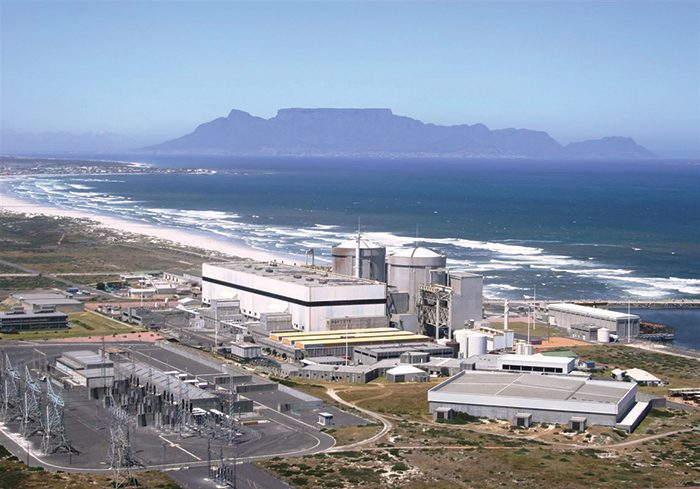Kenya is making significant strides toward establishing its first nuclear power plant, with construction slated to begin by 2027 and power generation expected by 2034, according to officials from the Nuclear Power and Energy Agency (NuPEA). This development marks another milestone in Africa’s increasing interest in nuclear energy as a solution to the continent’s burgeoning energy demands.
At a recent parliamentary hearing, Winnie Ndubai, NuPEA’s director of strategy and planning, revealed that two coastal locations are under consideration, with Kilifi County emerging as a strong contender. Known for its pristine beaches and mangrove forests, Kilifi has sparked debates about the balance between energy development and environmental preservation. Ndubai emphasized the ongoing efforts to establish a robust regulatory framework to support Kenya’s nuclear ambitions.
A Growing Nuclear Momentum in Africa
Kenya joins a growing number of African nations exploring nuclear power to address energy shortages and support long-term industrial growth. Rwanda, for instance, signed an agreement with Canada’s Dual Fluid Energy last year to develop a test reactor, aiming for at least 1 GW of nuclear power generation by 2031. Uganda recently announced plans for an 8.4 GW nuclear power station in Buyende District, with ongoing discussions for a nuclear cooperation agreement with Russia.
South Africa, home to the continent’s only operational nuclear facility, the Koeberg Nuclear Power Station, continues to rely on its two pressurized water reactors, which contribute about 5% of the country’s electricity supply. Meanwhile, Egypt’s El Dabaa Nuclear Power Plant, a $30 billion project led by Russia’s Rosatom, is on track to bring its first reactor online by 2026.
Nuclear Energy: A Pillar for Kenya’s Sustainable Growth
Kenya’s Ministry of Energy projects a 20-fold increase in power demand by mid-century due to rapid industrialization. With over 90% of its electricity currently sourced from renewables such as geothermal, hydro, wind, and solar, the integration of nuclear energy is seen as a pivotal step in diversifying and stabilizing the energy mix.
Prime Cabinet Secretary Musalia Mudavadi reinforced Kenya’s commitment to clean energy, stating, “Kenya is focused on advancing nuclear technology as part of Kenya’s sustainable energy strategy.” Plans for a research reactor by the early 2030s further highlight the country’s intent to build capacity in nuclear science and technology.
Challenges and Skepticism
Despite its promise, Kenya’s nuclear energy journey faces significant hurdles. Detailed plans for the project, including contractor selection, are yet to be unveiled. Environmental groups, including Greenpeace and the Kenya Anti-Nuclear Alliance, have voiced concerns over nuclear energy’s safety and long-term sustainability, urging the government to prioritize renewables.
The Kenya Anti-Nuclear Alliance issued a statement earlier this year, stating, “Instead of pursuing a nuclear program that puts the lives and livelihoods of our people at risk, we urge the government to invest in renewable energy sources that are safer, cleaner, and more sustainable.”
Global Commitments and African Leadership
Kenya’s nuclear ambitions align with its participation in the “Declaration to Triple Nuclear Energy,” a global initiative to expand nuclear capacity by 300% by 2050. The declaration, launched at COP28, has also been endorsed by Nigeria, Ghana, and Morocco, underscoring Africa’s collective interest in leveraging nuclear technology for sustainable development.
As Africa’s energy demands rise, Kenya’s efforts to integrate nuclear power signal a bold move toward energy security and industrial transformation. However, the path ahead requires transparent planning, public engagement, and robust governance to ensure that nuclear energy fulfills its promise of a brighter, more sustainable future for the region.








